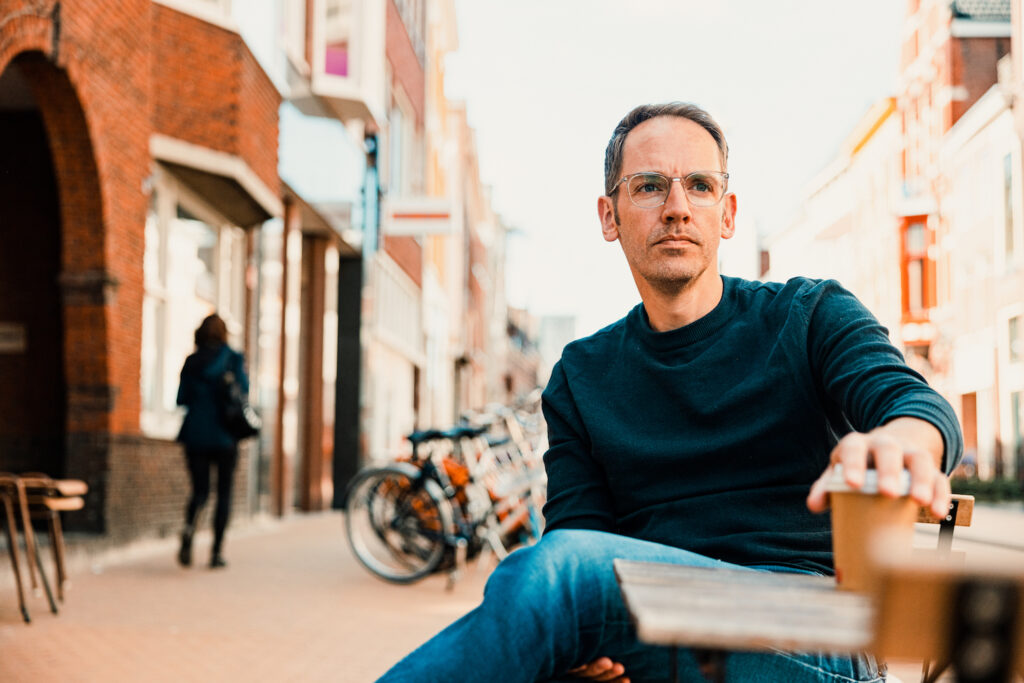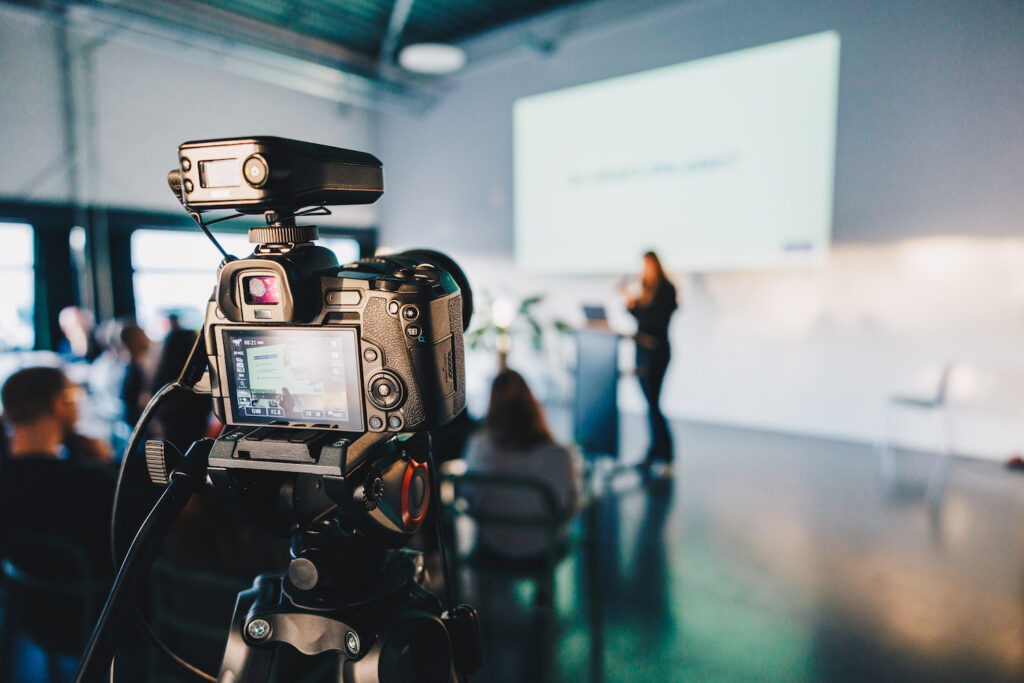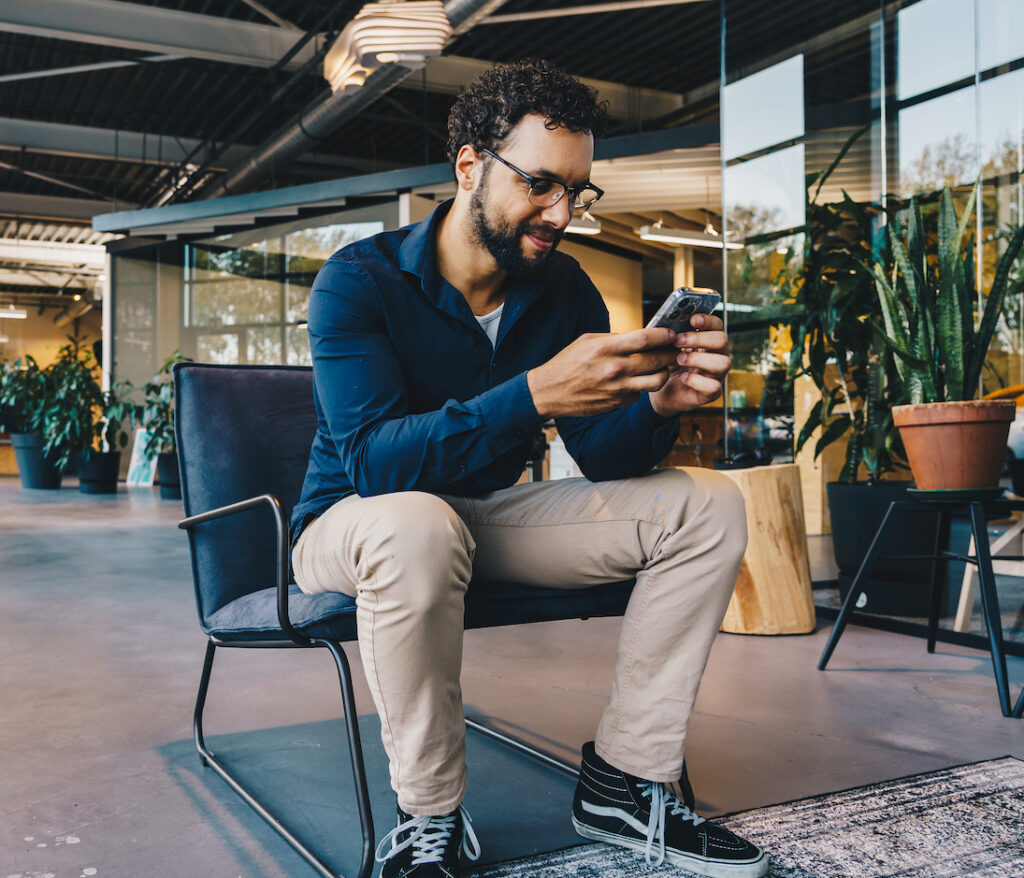These 11 Habits Have Changed My Life

The 11 habits that have changed my Life!
Many of life’s most precious resources are scarce. For me, the two most scarce and valuable resources are my time and my energy. That energy includes both my headspace and my being present in the moment.
Because time and energy are so valuable to me, I want to spend them well. And I imagine you want to do the same. That’s why I’m sharing the 11 habits that have added the most to my life and made me a better person over the past 10 years.
In a nutshell
What have I done? I stopped following the news; stopped reading email; started sleeping more; started owning the day; built a second brain; learned how to pause; froze more than 1,000 moments in time; dumbed down my smartphone; learned to say no; started doing less and learned to decide quickly.
These are the 11 habits I have taught myself. I’ll go through them all individually and suggest how you too can learn and apply them.
1. Stop following the news; start following the new
I love Twitter, but at the same time it’s a great platform to help you get upset about everything that is wrong with the world. Still, Twitter is a perfect platform for me to follow the news.
News tells you what is happening today. It doesn’t tell you things that happen every day. An example: an accident on the highway is news; the electric revolution in transport is new. The news makes us overestimate the importance of rare events and miss the most important developments of our time. I prefer to focus on those important developments.
News occupies the following:
- Time
- Headspace
- … and it makes me feel miserable
That’s why I stopped following the news eight years ago. No newspaper, no news programs, no news websites. I only follow topics I am interested in and they are often about “the new”.
I highly recommend that you stop following the news and start following the new.
2. Stop reading your email
Email is nothing more than someone else’s to-do lists that end up in your mailbox. And for every email you answer, you will receive a response. I started by reading my email twice a day, then once a day, then once every other day. Now I’m down to once every two weeks, and that’s okay. If people really need me, they’ll call me.
Stopping reading your email is a huge time saver and stress reliever.
3. Sleep more
I spend a lot of time sleeping more and better. When I’m well rested, I make better decisions. In addition, I have more mental space to handle everything that life throws at me. Sleeping more makes me a better father, a better husband and a better colleague.
I conducted much research on better sleep and made a video about it. You can view it below.
4. Own the day
I started journaling four years ago. It started very basic: what’s on my agenda and what do I want to do today?
It has now grown into an extensive system where I am better able to deliberately indicate what I want to work on in a week and in a day. In addition, I started to reflect on the things I do. As a result, I learn more and do more things that give me energy and fewer things that cost me energy.
My day is no longer defined by my emails, Slack messages, or other outside factors. I own the day and that makes me a happier and happier person.
5. Build a second brain
My self-reflection system makes me record everything I do. My head isn’t made for remembering things and neither is yours. That’s why I put things in my digital, second brain. This makes it easy to find information and appointments and it has given my productivity a huge boost.
Self-reflection also allows me to look back positively on recent events. I take a picture of almost every day and every special activity. Those pictures remind me of the things I enjoyed and appreciated the most. It makes me realize how lucky I am to have wonderful children, a loving partner and family, and wonderful colleagues to work with.
If you want to be more productive as a person and as a company, build a second brain. I also made a video about that which you can watch below.
6. Learn to pause
Learning to pause is still something I struggle with. At the same time, it has been my biggest lesson of the past four years. I usually respond quickly to things people say or do. I react instinctively from my heart or head, often with primary reactions.
But my body tells me how I really feel about what is being said. A breather and a brief moment of awareness allow me to respond in a more balanced way. It also allows me to sometimes not respond at all.
I am still learning every day how to do this better and I am not always able to react in as balanced a fashion as I would like. Learning that that’s okay and that I’ll have a chance to try again tomorrow is something I’m still working on.
7. Freeze the moment
With a photograph, you freeze a moment in time. I like to take good photos. However, if I do so with my phone, it means that whatever distraction the phone brings takes me out of the moment I’m in. That’s why I always have a small camera or a more serious device with me.
Photos are not only a great gift for the people I capture. They also have the power to remind you of a moment like nothing else can.

8. Dumb your smartphone
Your phone is a distracting device with a ton of apps and notifications vying for your attention. And if you’re wearing a smartwatch, it gets even worse.
Disabling and deleting are the two ways I make sure my devices don’t get in the way of my life. For example, there is no email on my phone, no Slack, no Twitter and no Instagram. The global average daily use of social media is two hours and thirty minutes. By removing the apps from my phone, I gain two and a half hours that I can spend on the things that are important to me.
All WhatsApp groups are silent and when focus mode is on, no notifications come in except from my kids and partner. The children know to call if they need help and when they do, the phone always rings. And for family communication we only use Signal.
On my watch, I only receive notifications from my calendar and calls. I use a universal remote control to operate the television, not the apps on my smartphone. And in the bedroom we have an alarm clock that tells the time, not a telephone.
Dumbing down your smartphone and turning it off is one of the best investments you’ll make this year. If you win those two and a half hours a day, you get thirty (!) extra days every year that you can spend on things that matter to you. WOW!

9. Learn to say no
Learning to say no is another big time-saver in my life. Saying no to the things I don’t want to focus on gives me the time and space to say yes to the things I do want to focus on by default.
My kids and my partner get a standard yes for every activity they suggest. Just like my friends. And if my colleagues need help, my standard answer is yes too. For everything else, my default answer is no. And if you don’t want to do something tomorrow, you don’t want it in two months. You therefore protect your future self if you say no more often.
And there’s a reason for that. This brings me to the tenth habit I’ve taught myself.
10. Do less
It sounds so logical when I say this out loud: every action leads to a reaction. And that reaction often takes much longer than the action itself.
If I say yes to speaking at an event (action) it means reactions in the form of communication, co-ordination, preparation, travel and giving the actual keynote.
Doing less means I can do more of the things that really matter to me.
11. Decide quickly
When making decisions, I have learned that it is important that I make that choice quickly. My head can only hold a limited amount of information at any given time: if I don’t make a decision, the issue will stick in my head and take up headspace .
I use a few systems to decide quickly, including the default no and default yes. Because I have learned so much about decision-making, I have also made a video on this subject that you may find interesting.
All 11 habits at a glance
These are the eleven habits I’ve learned to try to apply every day.
- I have stopped following the news
- I have stopped reading email
- I’ve been sleeping more
- I started owning the day
- I built a second brain
- I learned how to pause
- I’ve frozen over a thousand moments in time
- I made my smartphone stupid
- I’ve learned to say no
- I started doing less
- I learned to decide quickly
I hope there are useful habits here that you dare to make your own. I would like to hear what helped you the most, especially if it is not on the list. You can find me on Twitter as @MarkV .
Keen on a quarterly slice of succinct insights from the inside track? Sign up to our newsletter.
Sign Up!Still Not Sure What VoIP Is and How It Can Boost Your Business?
If you’re sitting there thinking, “What’s this VoIP thing all about, and how can it help my business?” you’re definitely not alone! VoIP (Voice over Internet Protocol) might sound a bit techy, but trust us, once you wrap your head around it, you’ll wonder how you ever managed without it.
To help you out and see if VoIP is a good match for you, we’ve got some awesome resources lined up. Check out these links to get the scoop on VoIP and find out how it can really change the game for your business:
- What is VoIP? – This resource breaks down the basics of VoIP, explaining how it works and why it’s such a game-changer for communication. If you’re new to VoIP, this is a great place to start.
- Keeping Your Business Telephone Number – Worried about changing your business phone number while transitioning to VoIP? This page will guide you on how to keep your existing number, ensuring a smooth transition without the hassle of informing every client and partner. Plus, we offer 012, 021, and 087 numbers to help you maintain a professional presence.
- VoIP Cellphone – Discover the Benefits of VoIP on your cellphone! With the Voys App, you can easily turn your smartphone into a powerful VoIP phone. Experience crystal-clear calls, lower rates, and enhanced flexibility